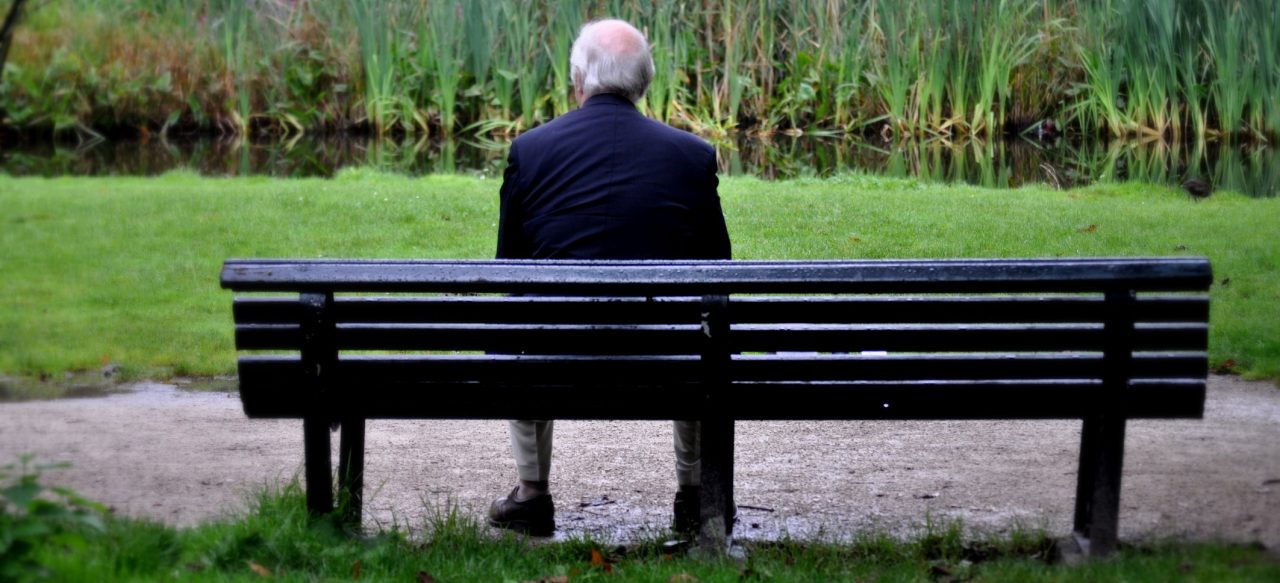How to Deal with Loneliness in Aging

More than 40 percent of people in America age 60 and up say they feel lonely. Here’s how you can deal with loneliness or how you can help a loved one.
When the Beatles sang, “All the lonely people. Where do they all come from?,” in 1966, they asked an important question. Loneliness is far too common and very bad for us, increasing our chances of dementia, recurrent stroke, obesity, and dying young. When you’re lonely, you tend to think that other people aren’t, that you’re the only one, and it’s entirely your fault. Actually, loneliness has a great deal to do with our society. In one large survey of Americans age 60 and up, more than 40 percent said they felt lonely, even though most of them didn’t live alone.
In that study, lonely elders had nearly a 60 percent greater risk of losing the ability to function on their own. In other research, loneliness is a greater threat to your life than obesity. That makes sense if you realize that chronic loneliness raises your body’s level of cortisol, the stress hormone, and can raise blood pressure. Dealing with loneliness day to day becomes a physical burden.
YOUR MIGHT ALSO LIKE: Our Healthy Aging section
Depression and loneliness are not the same. A depressed person might have little interest in communicating or spending time with other people. A lonely person may withdraw, but perk up when she gets attention. Lonely people may feel better sitting in a coffee shop, while a depressed person might not.
So it seems obvious — if you feel isolated, go out! If you’re lonely, talk to someone! But knowing how to deal with loneliness isn’t obvious as soon as you begin to blame yourself. People come to doubt their social skills — and feel rejected whenever someone they’d like to talk to doesn’t respond. They may become irritable and drive people away, or focus on slights.
People who don’t know how to deal with loneliness may end up drinking too much alcohol, binge-eating, or overspending. They may cling to unhappy friendships and romantic relationships.
Strategies for dealing with loneliness
Notice your “trouble times,” writes psychiatrist and author Robert L. Leahy. If you know that weekends or holidays alone make you sink, plan ahead. Find activities you enjoy and cultivate hobbies. Many people link going out with company — but you may feel better eating in a restaurant alone or going to a movie in a theater rather than eating dinner and watching TV at home. Some people find that they prefer traveling alone because they are more likely to strike up conversations.
If you’re getting nervous about an unplanned Saturday night, come up with your own plan, even if it’s a plan for your night at home. What movie would you like to watch? What book would you love to read?
Leahy suggests writing down the thoughts you have most often when you’re lonely:
- I will always be alone.
- If I am alone, I have to feel lonely and unhappy.
- I must be a loser, because I am alone.
- I can’t stand feeling lonely.
Those thoughts are common, but they aren’t helpful or true. You aren’t always alone, you are alone now, and probably can be with other people soon. View time alone as an opportunity to please yourself.
When you feel like a “loser,” remember that many people are lonely sometimes and that your circumstances can change. Remind yourself that loneliness is an emotion and, like other emotions, it will pass.
It’s easy to think you need others to accept you and see you kindly, but you can practice being kind to yourself. Think about what would make you happiest and you might find you can give it to yourself.
Embrace pets, do volunteer work, and make plans to connect with people in your social circle, even on social media.
Helping a loved one deal with loneliness in aging
Families might look for ways to share living space while preserving privacy. Setting ground rules can help a great deal, especially if you can afford separate bathrooms and sometimes entrances and kitchens. Remodel a basement or put in a comfortable living area above a garage. It might work for an adult grandchild to live with a grandparent rather than roommates.
But there are simpler solutions. Many older adults need help finding transportation. Once they can no longer drive at night or on unfamiliar routes, they may not take the next step of finding public transportation. You might set up an account with a call in taxi service and pay the bills, encouraging your parent not to count pennies. Or find a local driver your parent likes and set up regular pick-ups for scheduled activities.
Older people may need encouragement to regularly check Facebook and other social media sites where they can read about the activities of family and friends and see photos. That’s not the same as being together in person, but better than not hearing any news. Set up accounts and good earphones so they can make free video calls.
Most older people have significant hearing loss. Make sure your loved one maintains and uses hearing aids. Exercise is also a necessary mood booster and can be a time for socializing. Encourage your loved one to join a walking group or take a dance or yoga class or swim at a gym where she knows other people.
Updated:
April 07, 2020
Reviewed By:
Janet O’Dell, RN